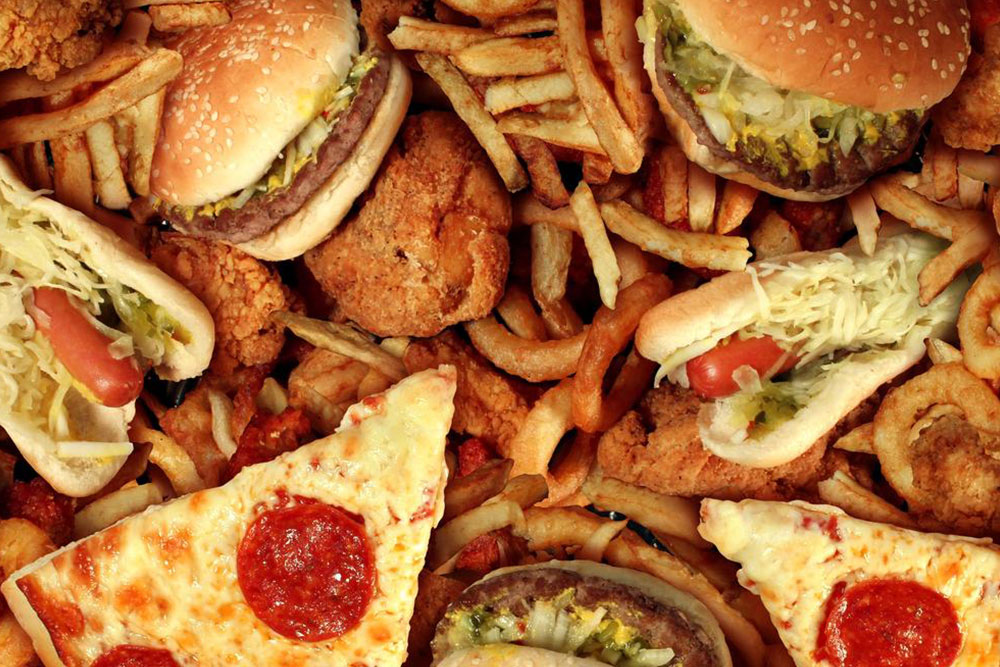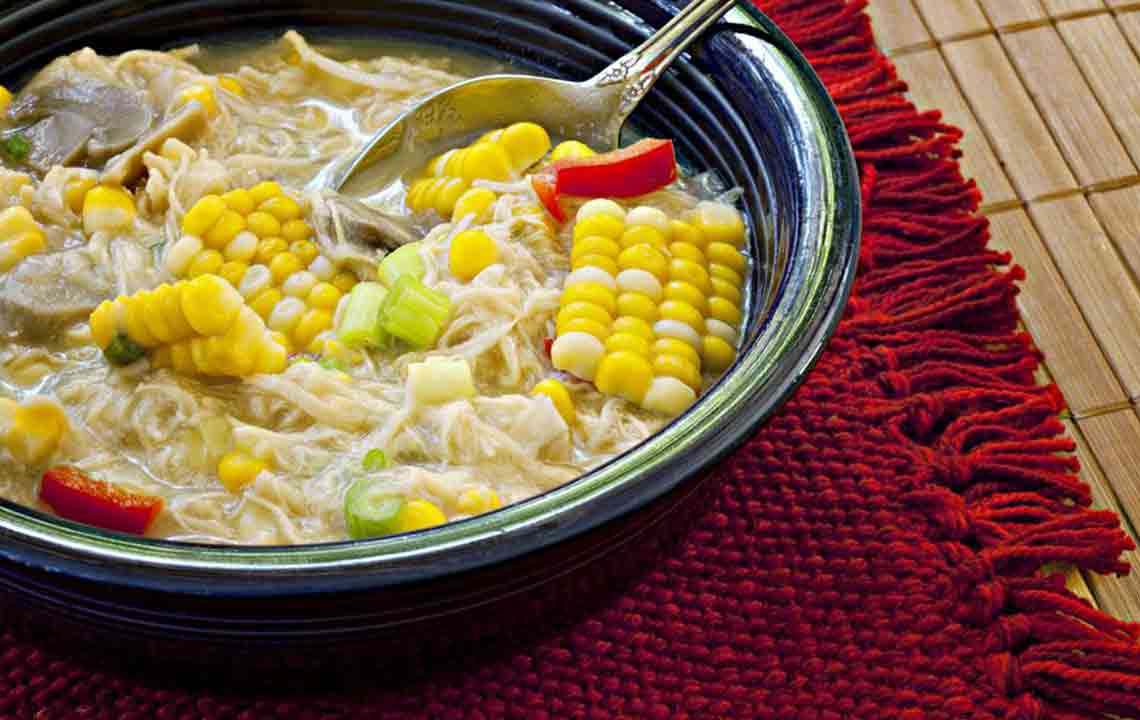Identifying Common Dietary Triggers to Prevent Migraines
Learn about common dietary triggers like chocolate, caffeine, cold foods, and processed meats that can induce migraines. Discover strategies to identify personal triggers and improve your headaches management through dietary modifications, lifestyle changes, and awareness. Effective trigger avoidance can lead to fewer migraine episodes and a better quality of life.

Understanding Dietary Triggers That May Induce Migraines and How to Manage Them
Migraines are complex neurological headaches that affect millions worldwide. These intense episodes can disrupt daily life, causing severe throbbing pain alongside symptoms like heightened sensitivity to light and sound, dizziness, nausea, and sometimes vomiting. While the exact causes of migraines remain multifaceted, many sufferers find that certain foods and dietary habits can significantly influence the frequency and intensity of their episodes. Recognizing these food-related triggers is vital for effective migraine management and improving overall quality of life.
Research and clinical observations suggest that specific foods are more likely to provoke migraine attacks. By understanding and avoiding these common triggers, individuals can potentially reduce the number of migraine episodes and make more informed dietary choices. Here, we explore the most frequently reported food triggers linked to migraines, along with tips on how to minimize their impact.
Chocolate Chocolate is notorious among migraine sufferers for its ability to trigger episodes, primarily due to its caffeine content and the presence of tyramine, an amino acid that can promote headache pain. Interestingly, chocolate also contains compounds like dopamine and serotonin, which can influence mood and pain perception. Therefore, moderation is essential—limiting intake rather than complete avoidance may be more practical for many individuals.
Caffeinated beverages Coffee, tea, colas, and energy drinks contain caffeine, which can have a paradoxical effect on migraine sufferers. While some find that moderate caffeine can alleviate headache pain in early stages, habitual or excessive caffeine intake may lead to rebound headaches and increased migraine frequency. Caffeine constricts blood vessels temporarily, but over time, overuse can cause blood vessel dilation and trigger pain, especially in those prone to migraines. Limiting daily caffeine consumption is advisable for sensitive individuals.
Frozen and cold foods Consuming items like ice cream, frozen yogurt, slushies, or cold beverages can induce migraines in some individuals. The cold temperature can cause a vasoconstriction followed by rapid dilation of blood vessels in the brain, leading to headache onset. For those susceptible, consuming cold foods in moderation or letting them warm slightly before eating may help prevent triggers.
High-salt foods Diets rich in salty snacks, processed foods, and fast food desserts can elevate blood pressure and sodium levels. These physiological changes can increase the likelihood of migraines by affecting blood vessels and fluid balance in the body. Reducing intake of salty, processed foods and focusing on a balanced, low-sodium diet can be beneficial.
Pickled, fermented, and aged foods Foods such as pickles, kimchi, aged cheeses, and fermented vegetables are rich in tyramine, which has been linked to migraine triggers. Tyramine causes blood vessels to dilate and may influence neurotransmitter release, leading to headache episodes. Limiting consumption of these items, especially in individuals with a history of migraines, can decrease trigger frequency.
Cured and processed meats Meats like ham, bologna, salami, and hot dogs often contain preservatives such as nitrates and nitrites. These chemicals are known to cause vasodilation and may trigger migraines in sensitive individuals. Choosing fresh, nitrate-free meats or plant-based protein sources can help reduce risk.
Foods with additives like MSG Monosodium glutamate (MSG) is a flavor enhancer found in many processed foods, soy sauces, soups, and certain cheeses. Some individuals are particularly sensitive to MSG, which can alter brain blood flow and provoke migraine attacks. Reading labels and avoiding foods with added MSG can be an effective avoidance strategy.
Alcohol Excessive alcohol consumption is a well-known migraine trigger. Alcohol causes dehydration and vasodilation, which can lead to headache development. Red wine and certain spirits are most commonly associated with migraines. Drinking in moderation, staying hydrated, and choosing lower-alcohol options can help manage risk.
It’s important to note that individual responses to these triggers vary. While some people may experience frequent migraines after specific foods, others may not be affected at all. Keeping a food diary can help identify personal triggers. Conducting elimination diets under medical supervision can also assist in pinpointing problematic foods and developing a tailored migraine management plan.
Incorporating these dietary adjustments alongside other lifestyle modifications—such as regular sleep, hydration, stress management, and physical activity—can enhance migraine control and reduce the overall burden of this neurological condition.





